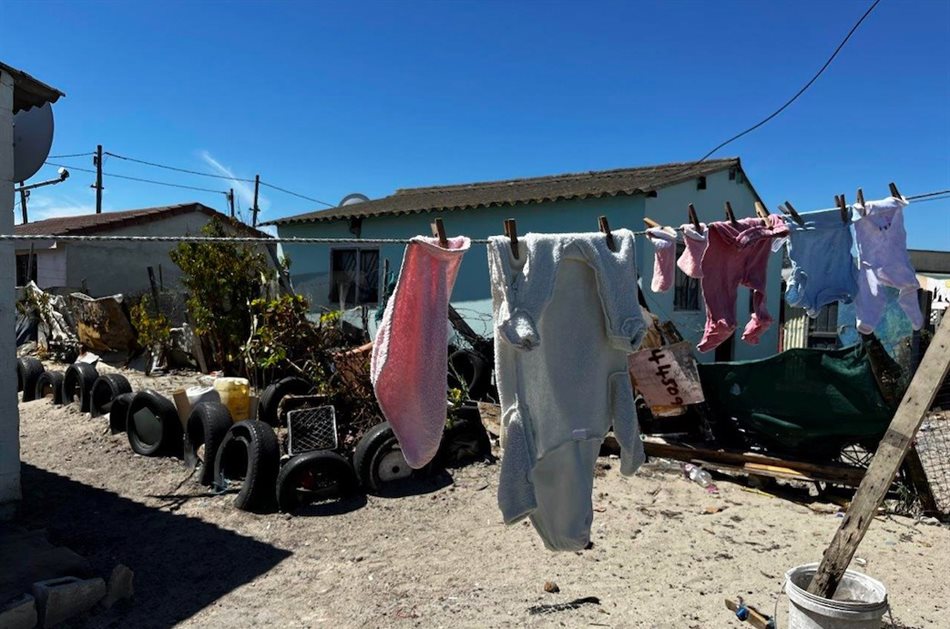In March, Eighty20, a data consulting company, released their Credit Stress Report which reveals that more than 800,000 new entrants came into the credit market in the fourth quarter of 2022. “This compares with 600,000 the previous year, signalling a deepening debt spiral among over 18 million consumers – more than one-third of the population,” the group said.
While the report indicates that millions of middle-class South Africans are feeling the pinch and accessing the formal credit market to cover shortfalls amid a brutal cost of living crisis, there are millions more vulnerable people who simply do not come close to qualifying for credit.
According to the Pietermaritzburg Economic Justice and Dignity group’s Household Affordability Index for April 2023, 55,5% of South Africans live below the upper bound poverty line of R1,417 per month, while 25% of our population live below the food poverty line of R663 per month.
Since food prices determine food choices, households with meagre financial resources have almost no flexibility. They tend to run out of money to buy food well before the end of each month and must find other coping strategies to survive. These include eating less food, skipping meals, purchasing cheap, unhealthy and oftentimes unsafe food, and in desperation, turning to loan sharks, with dire consequences.
We recently visited the home of Mama Nophakamile, a 61-year-old SASSA grant recipient who lives in Makhaza township in Khayelitsha. Mama Nophakamile is a regular visitor at the Nokuphiwa Makhaza Community Kitchen, a non-profit organisation (NPO) just two streets away from where she lives. The NPO is one of 2,750 registered non-profit organisations that rely on surplus food from FoodForward SA each month, to meet the demand of the growing number of people turning to local charities for a regular meal. They provide cooked meals three days per week to 250 to 300 vulnerable people from the Makhaza township who struggle to make ends meet.

Mama Nophakamile, who is soft spoken, slim and slightly frail, lives in an RDP house that she shares with five of her children, and two grandchildren, one of whom is at school. Of her five children, only one daughter is working. She is a packer at a local retailer. The rest of her children are unemployed and struggling to find work, which she says discourages them to go out and look for work.
When Mama Nophakamile receives her grant at the beginning of the month, she buys a grocery hamper from a local spaza shop, which costs R695. It consists of a 10kg bag of maize meal; 10kg bag of flour; 10kg bag of rice; and a 2L bottle of cooking oil.
She says that this food does not last very long for their family of eight, and they still have other costs like electricity, transport, household supplies etc. “Sometimes we have to borrow money from the loan sharks that charge 40% interest, so that we can survive till the end of the month. We have no choice,” says Mama Nophakamile.
In March, UNICEF released their Undernourished and Overlooked Report which reveals some concerning trends. “Today we are facing a food and nutrition crisis of global proportions – one exacerbated by poverty, conflict, and climate change. It is also a crisis in which adolescent girls, women and their children are bearing the brunt of its consequences.”
As a country, we are facing unprecedented volatility and uncertainty that seem to have no end in sight. While economic growth and an end to load shedding are key to our recovery, this will not happen overnight. Access to nutritious food to the most vulnerable households is critical to ensuring the wellbeing and dignity of all, and the long-term stability of our country.
